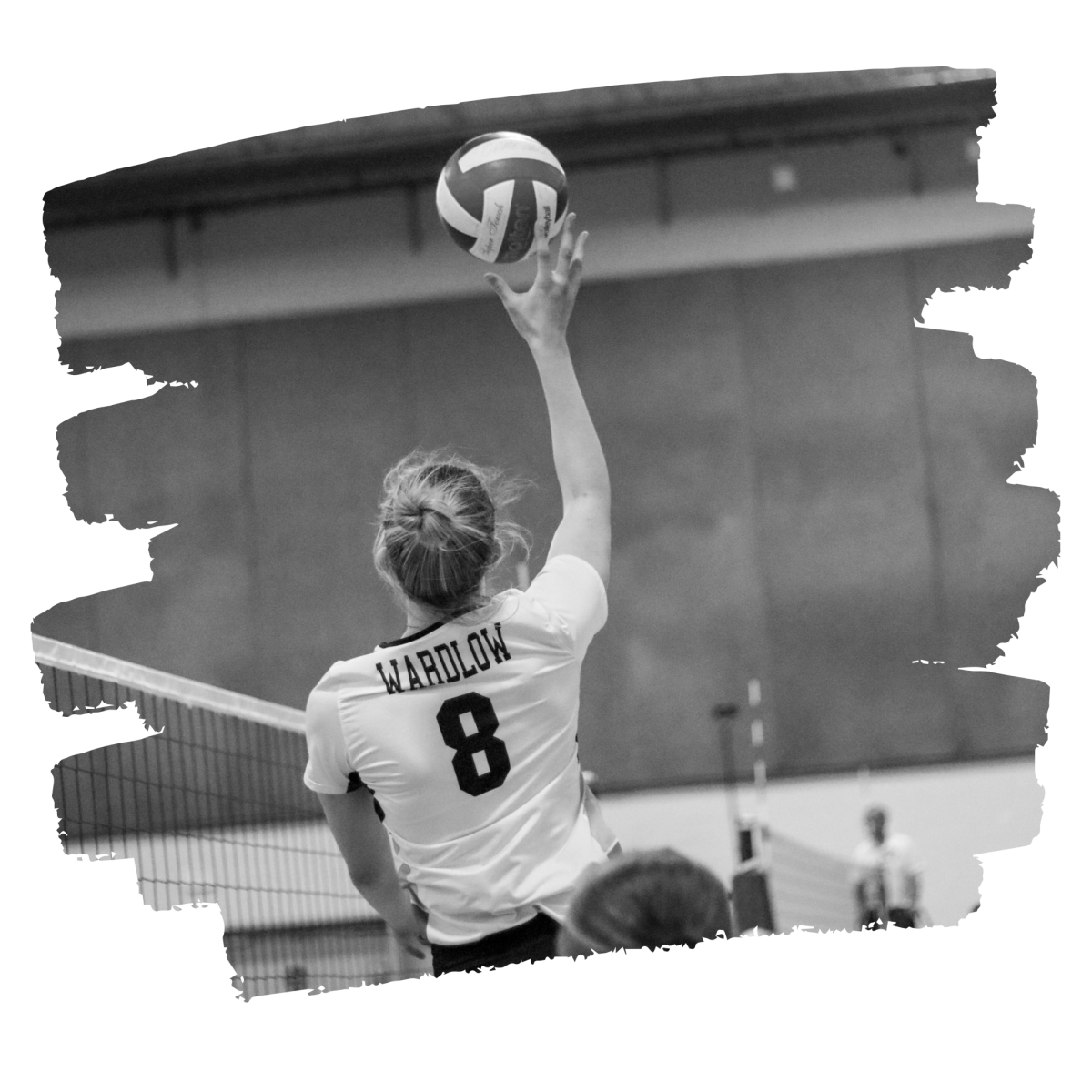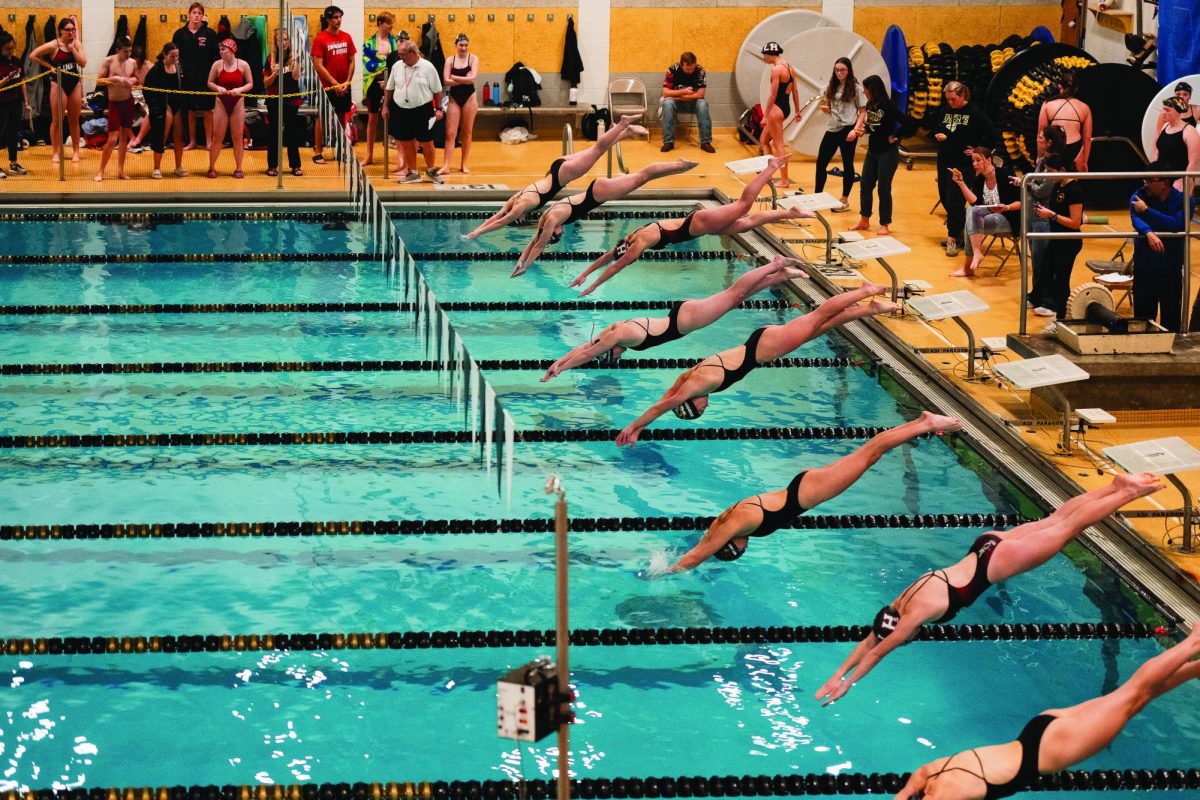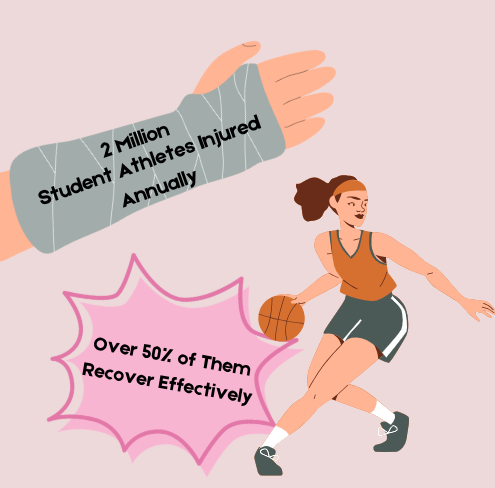As high school sports grow more competitive, an increasing number of student athletes at Lincoln Southeast are transferring schools to pursue athletic opportunities. During the transfer process, athletes are faced with having to identify their personal goals for their sport in order to make the right decision. In light of this development in high school athletics, coaches may be more compelled to improve their sports programs in ways that will keep athletes from transferring.
AutVeen (11) originally attended Lincoln Northwest as a soccer and basketball player for her first two years of high school. Because LNW has only been an established Lincoln school since 2022, the sports teams are less developed then some of the older Lincoln schools.
Of the other athletes on the LNW Soccer team, Veen said herself and only two others had played on a club team. So, many players on the team didn’t have much experience in playing soccer, which, according to Veen, led to little success during games. It was during her sophomore year that Veen realized she could transfer schools to advance her skills and overall soccer season. When thinking about her career in athletics, it was easy for Veen to know that transferring would benefit her.
As Veen became more familiar with the girls soccer coaching staff at LSE, she automatically knew she would be able to obtain more guidance for her future soccer plans. Her current head coach played soccer collegiately and Veen wishes to do the same as well, and the connection allowed her to have more access to information about college athletics.
Despite all the positives that accompanied transferring, she still struggled with the idea of leaving her friends. When Veen’s teammates and coach found out about her decision to transfer, they were upset.
“[We were] kind of like a family,” Veen said. She felt bad for her peers due to the fact that her absence could have an effect on the team’s future soccer seasons.
During her transfer process, Veen considered Lincoln East, Lincoln Southeast and Lincoln Southwest as the main schools she wanted to attend and play soccer at. The reason LSE stood out from her other choices was because the team’s soccer players came from a wider range of club teams. Veen believed that she would feel more welcomed when coming to the team as a new player.
Since becoming a Knight, Veen has been able to experience many awarding aspects of high school soccer, especially the friendships that develop in team sports. “All the girls love each other and they make an effort to care about each other,” Veen said.
Veen recommends that an athlete transfers schools for their sport if it aligns with their goals, but that shouldn’t be the only incentive. Athletes also have to consider how not only their athletics will change, but how their life has students will change. Different schools have different expectations and rules, so without realizing it, student athletes could be making the wrong decision.
For almost six years, Joseph Werning has been Lincoln Southeast’s varsity boys basketball coach. In his experience as coach, he has witnessed many of his athletes transfer to and from his basketball team.
“I don’t necessarily love any of the transferring that goes on… but it is just the way things are,” Werning said.
LSE’s basketball program’s main focus is development. When an athlete chooses to leave or join, it can interrupt that process. For coaches, it can be discouraging to see an athlete leave after putting time and effort into developing athletes. It leaves them questioning what they might have been lacking in as coaches.
Werning said he appreciates when athletes give a reason as to why they decided to transfer because it allows for all coaching staff within LSE boys basketball to reevaluate and further improve their program.
In situations where athletes don’t choose to communicate about their decision to transfer, the most productive thing Werning can do is focus on players currently in LSE boys basketball. “My philosophy has always been, I want to work with the kids that want to be a part of Lincoln Southeast,” Werning said.
But, some transfer athletes have learned that the grass isn’t always greener. This past year, a couple of Werning’s previous players transferred back to LSE. As an educator and coach, Werning said it’s not his place to judge these athletes for their choice, but instead to understand that young people are more likely make decisions they come to regret.
Overall, the addition of transfer athletes has garnered success for the team through the years. A reason for this success is the expectations Werning has for all his athletes.
“We hold [transfer athletes] to the same standard that we do every other kid,” Werning said. “Kids transferring in… that’s completely their decision… hopefully they understand that coming in as student athletes, we’re not going to make promises, we’re not going to guarantee things, we’re not going to coach them any differently than we do [the athletes] we coach right now.”
Werning’s reluctance to reach out to athletes attending and participating in boys basketball for another school is the standard for all coaches in LPS. Yet, some coaches ultimately do make the choice to contact student athletes about coming to their highschool specifically for a sport.
An anonymous source said they had an experience involving this very thing. In the beginning of the source’s high school career, an assistant coach was contacting multiple athletes through Instagram direct messages about transferring to play a sport at their school.
This coach expressed interest in the source’s athletic abilities and let the athlete know that with the skills all of the athletes the coach was attempting to recruit, the team would have an overall better chance at competing for the state championship.
As a way to further entice the source, the coach told the source that if they were one of the athletes that could turn the team around from having multiple unsuccessful seasons to potentially a state championship. They could, “turn the heads” of college coaches. Having recognition from any college coach is very important to high school athletes looking to play collegiately.
However, in the following months, communication between the source and the coach fell through after the source decided to stay at their high school.
Every transfer athlete has different goals for themselves. Some may want to make appearances at state, win championships, or simply want more playing time. In the evolving landscape of high school sports, transferring schools may offer opportunity — but commitment, character, and team spirit define true success.







